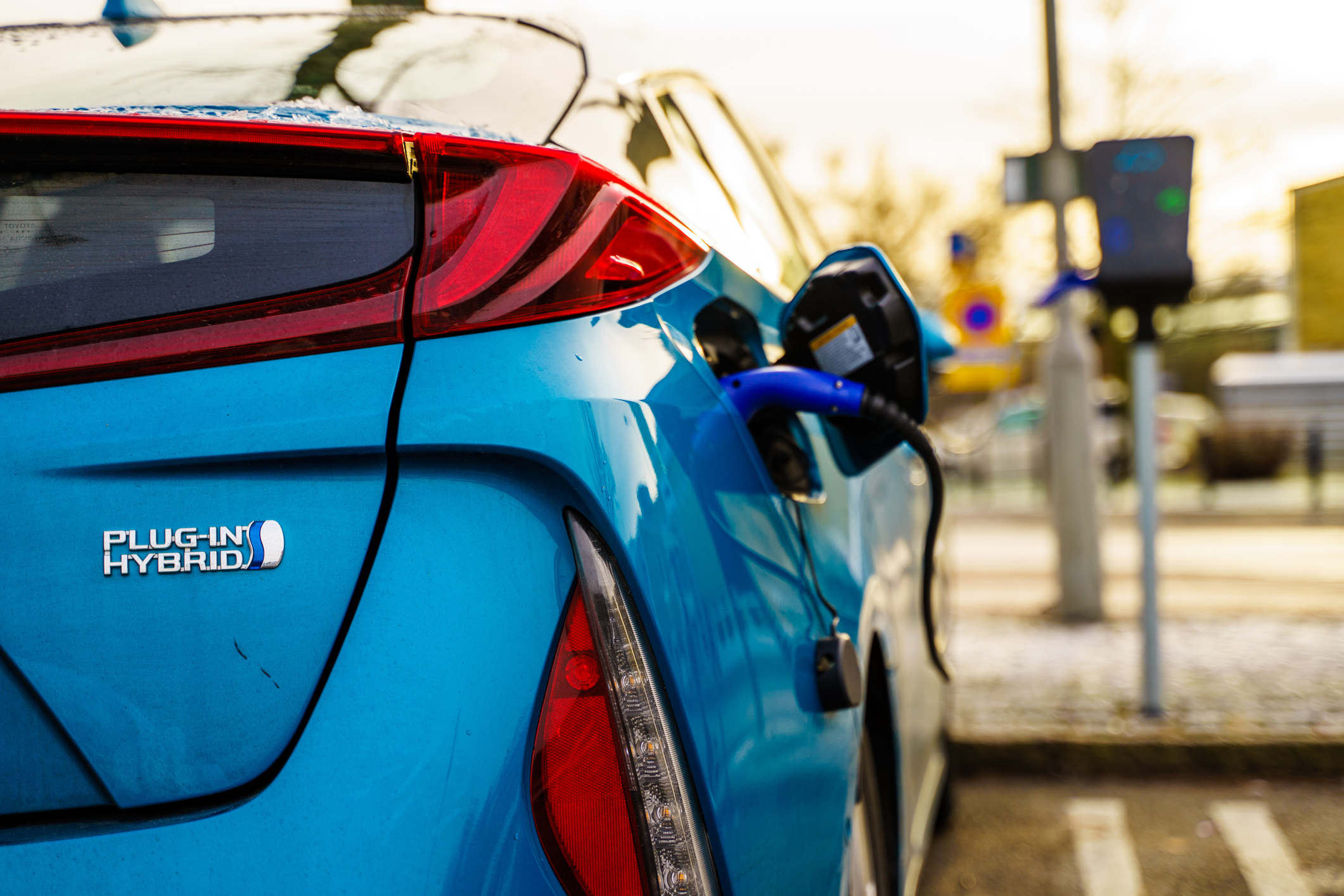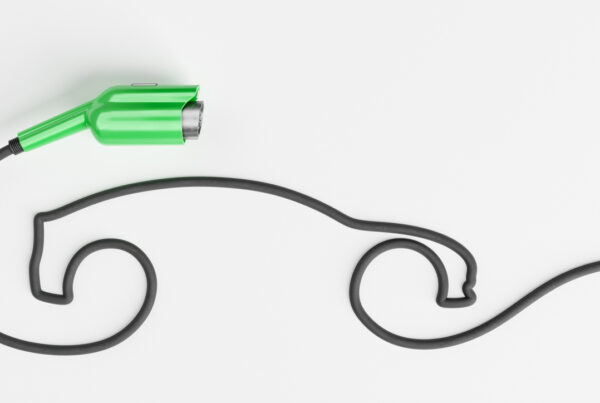Indonesia’s poor air quality can be solved by improving fuel conditions, experts from the Institute of Essential Services Reform (IESR) said last month. The organisation previously released a study that showed several diseases can be linked back to air pollution in the country.
AIR POLLUTION
The year 2023 saw worsening air conditions for Indonesia. According to the Centre for Research on Energy and Clean Air (CREA), 2023’s air conditions were “the worst since 2019.” 2023 brought about “unhealthy levels” of air pollution, especially in the latter half of that year. This “unhealthy” period of 2023 recorded a P.M25 concentration up to 10 times higher than specified in the 2021 World Health Organisation (WHO) Air Quality Guideline. In 2019, the Indonesian people sued its government for its poor air quality. Jakarta is noted to be one of the most polluted cities in the world.
According to Fabby Tumiwa, Executive Director of IESR, Indonesia’s available fuel options are not up to par with Euro 4 standards. Euro 4 standards stipulate that sulfur content in fuel must not exceed 50 parts per million. Current fuel options in the country include “gasoline and diesel containing sulfur up to 3,500 ppm.” This is a growing concern for the country as majority of Indonesia’s vehicles use these types of fuels. The Indonesian government tried to amend this issue back in 2020, where they implemented a regulation stating fuel conditions should adhere to Euro 4 standards.
As this regulation has fallen on deaf ears, rising cases of pneumonia and asthma worsen citizen health.
BETTER FUEL, BETTER LIFE
Pertamina, an Indonesian fuel company, currently distributes a RON90 type fuel, Pertalite. Pertalite, though commonly used throughout Indonesia, does not comply with Euro 4 standards.
Indonesia’s Coordinating Ministry of Maritime Affairs and Investment Deputy for Infrastructure and Transportation Coordination, Rachmat Kaimuddin, stated that a 2018 government initiative has mandated the production of four-wheelers that adhere to Euro 4 standards. Fumiwa also suggested for the government to enact tax incentives to discourage the use of fossil fuels.
The IESR emphasised the need for both the government and private institutions to work together to combat air pollution. For example, the Indonesian government is in the process of creating a regulation that will ban the sale of combustion engine vehicles by 2045. The organisation acknowledged that investments to create cleaner air will be a hefty price to pay. “Although the initial costs for improving fuel quality are slightly higher, the long-term benefits are much greater,” said Fumiwa at an IESR event last month. Despite Indonesia’s consistent efforts to combat air pollution, the solution remains clear: improve fuel conditions for all vehicles at all costs.
Was this article informative? Leave us a like if so!













